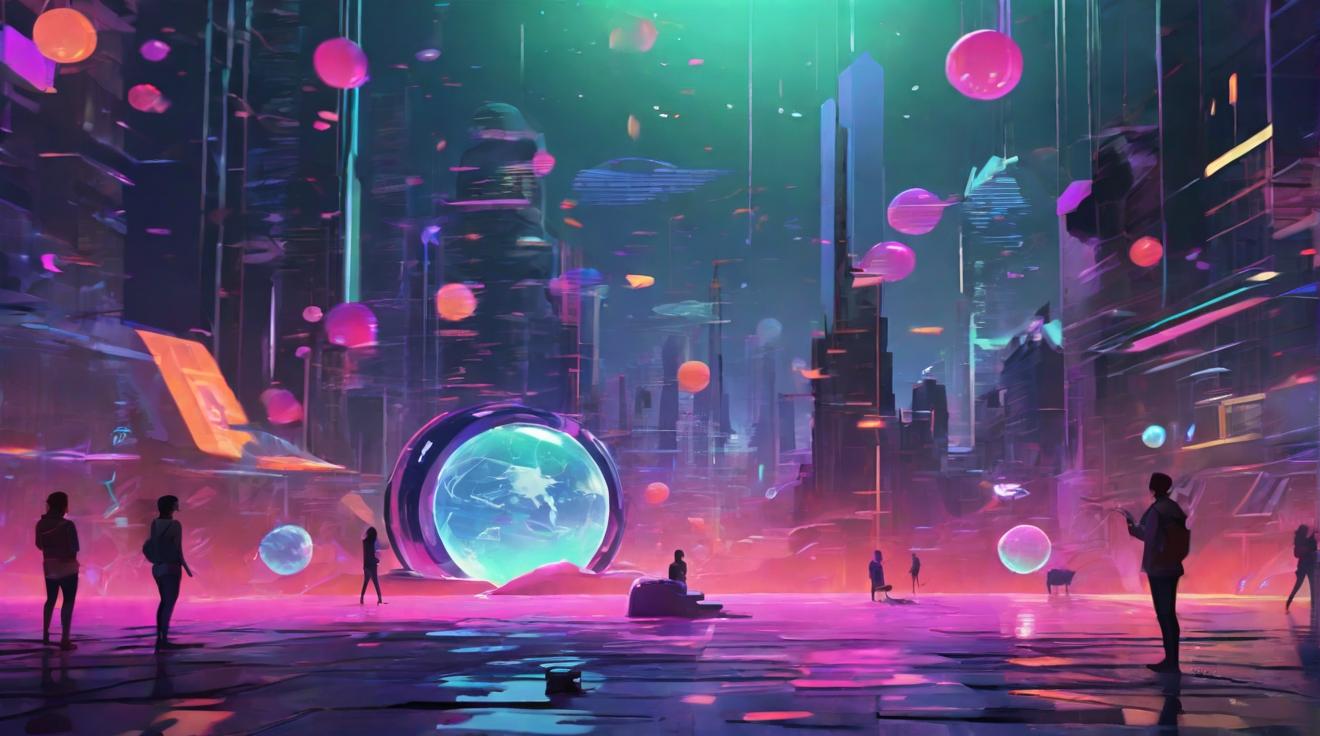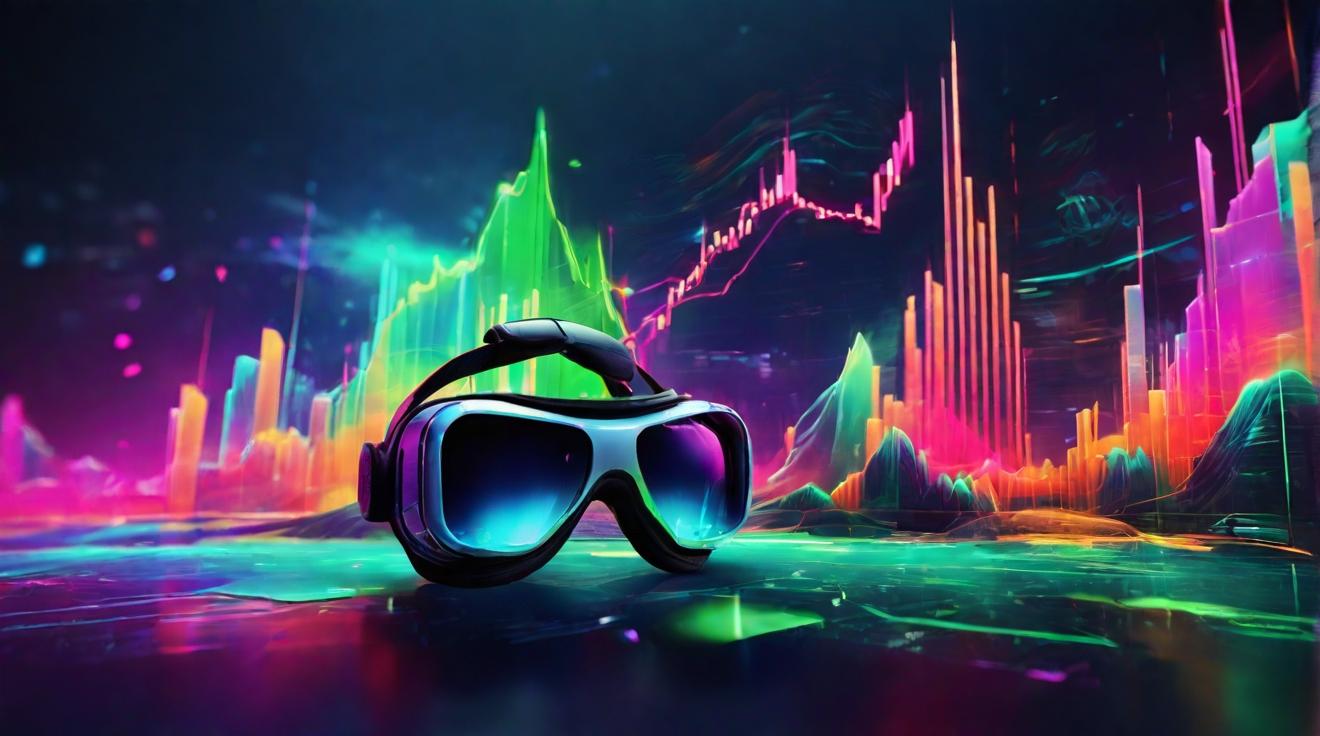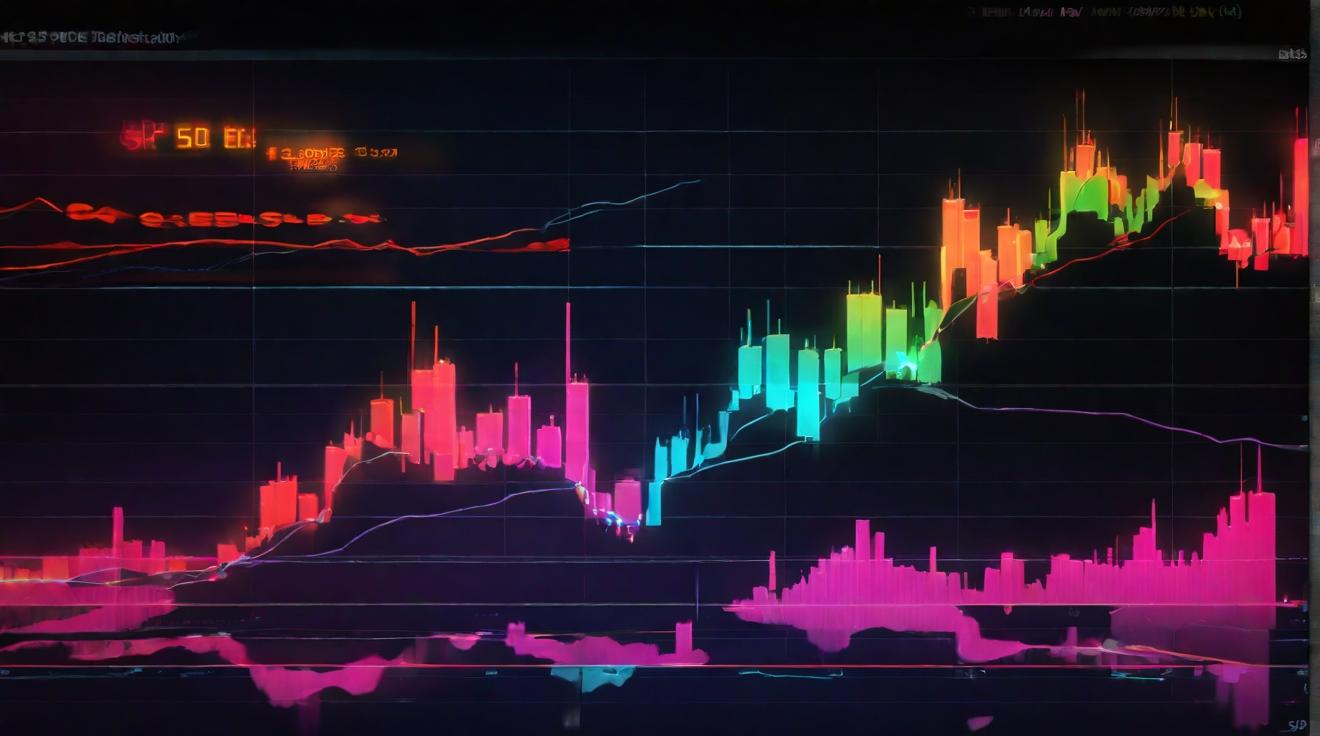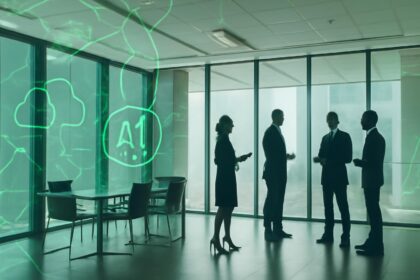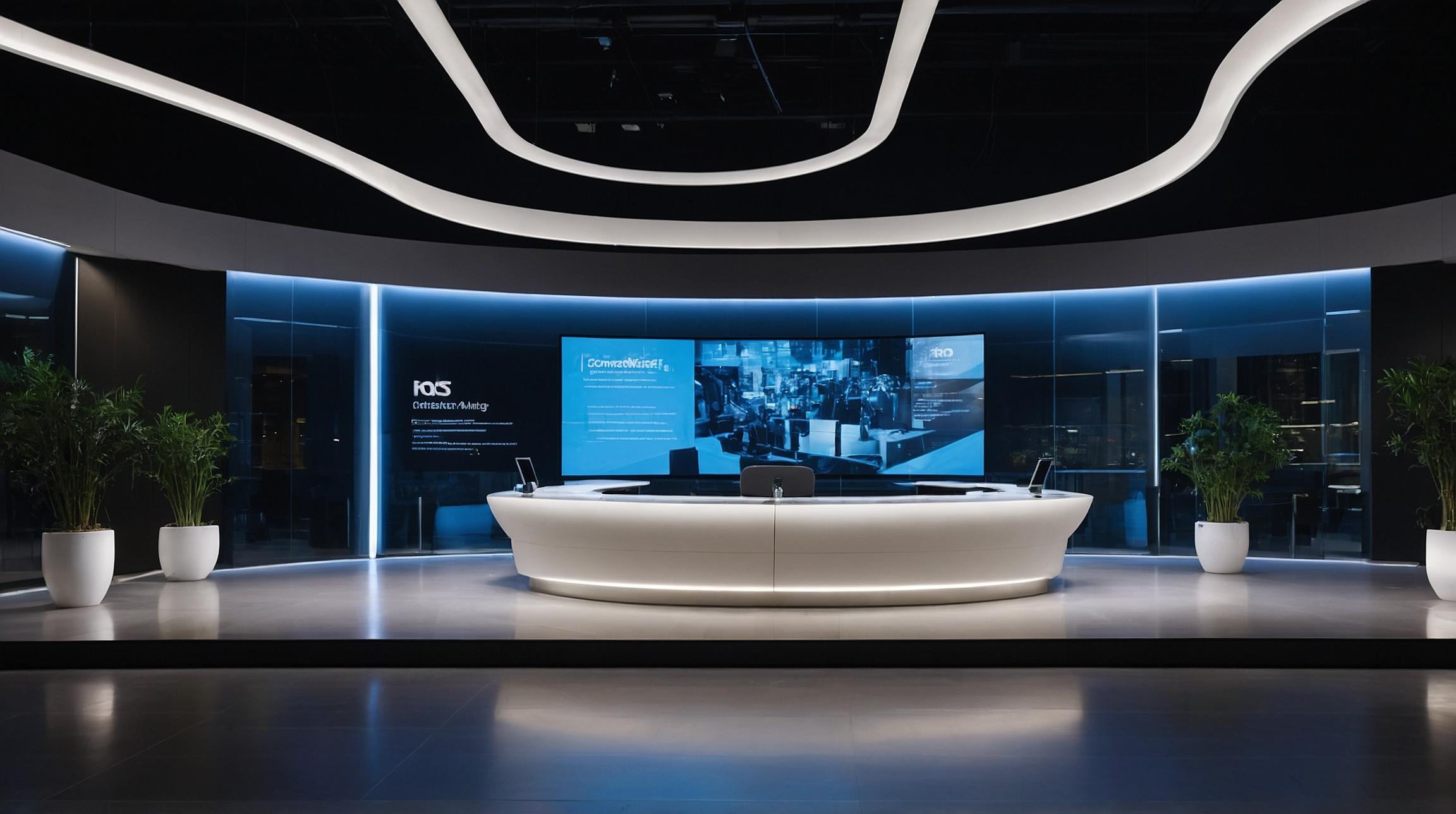OpenAI Introduces Sora: The Future of Video Creation
Artificial intelligence takes a leap forward with the launch of Sora, a revolutionary text-to-video system developed by OpenAI. This groundbreaking technology has the capability to transform user prompts into highly detailed, imaginative, and photorealistic one-minute videos.
Expanding the Boundaries of Video Creation
Sora has already gained considerable attention within the tech world since its recent announcement. The system showcases its prowess by weaving together user prompts into a captivating visual experience. From fantastical scenes to intimate moments, Sora has the ability to capture the essence of real life and transport viewers to any location or time.
Unraveling the Secrets of Real-world Scenes
Unlike traditional video editing software, Sora has the unique ability to comprehend not only the user's specific prompt but also how those elements exist within the physical world. This significant development paves the way for the creation of highly realistic and immersive videos, as Sora conceptualizes three-dimensional scenes unfolding in time.
Testing the Waters: Limited Availability for Experts
While the anticipation for Sora's release grows, OpenAI has restricted its availability to a select group of experts for testing purposes. This cautious approach allows the team to gather valuable feedback and further fine-tune the system before it becomes accessible to consumers.
The Expansive Potential of Synthetic Videos
The impact and potential applications of "synthetic" videos are vast. From misinformation to revolutionizing filmmaking and advertising, these videos have the capacity to reshape various industries. On the flip side, they also present intriguing opportunities for entertainment and education that were previously unimaginable. However, as this technology evolves, questions around the authenticity of video as a medium may surface.
Redefining Authenticity in the Digital Age
Films like Peter Jackson's "They Shall Not Grow Old" have already demonstrated how synthetic videos can seamlessly blend with real footage, blurring the lines between fact and fiction. This raises the possibility of relying more on synthetic footage for representations of events and places, potentially challenging the need for original filming.
Reflecting on the Nature of Recorded Memories
The introduction of Sora prompts contemplation on the nature of recording memories versus generating them based on prompts. As the boundaries between recorded and generated content become increasingly blurred, it becomes imperative to question and authenticate the sources of these memories.
A Paradigm Shift in Media
Artificial intelligence continues to reshape our understanding of media by emphasizing that everything is information and ideas are fluid. Just as textual authenticity requires verification beyond its words, the same scrutiny will now extend to videos and other forms of media. This transformation suggests that humanity's journey is transcending mere representation, propelling us into the realm of imagination.
Analyst comment
Neutral news.
As an analyst, the market for video editing software may see a potential shift in consumer behavior and demand. The introduction of OpenAI’s Sora text-to-video system could lead to increased interest in creating synthetic videos for personal projects. However, concerns about privacy implications and the authenticity of video as a medium may arise. The market may experience new opportunities in filmmaking, advertising, entertainment, and education, but the need for original filming could be questioned. The future may see a blurring of lines between recorded and generated content, reshaping our understanding of media.





